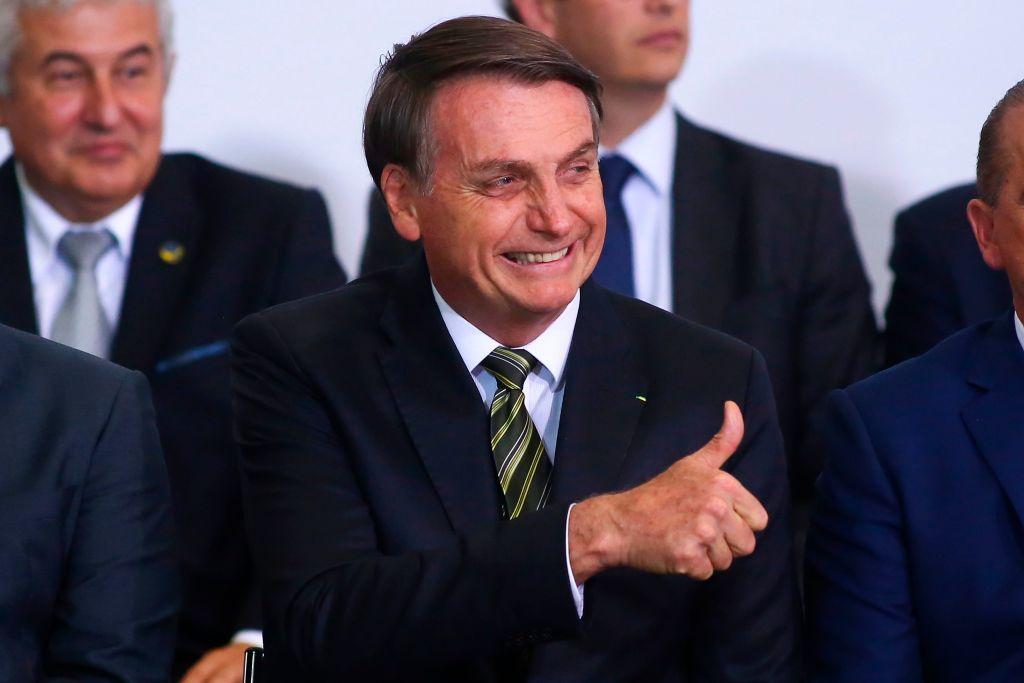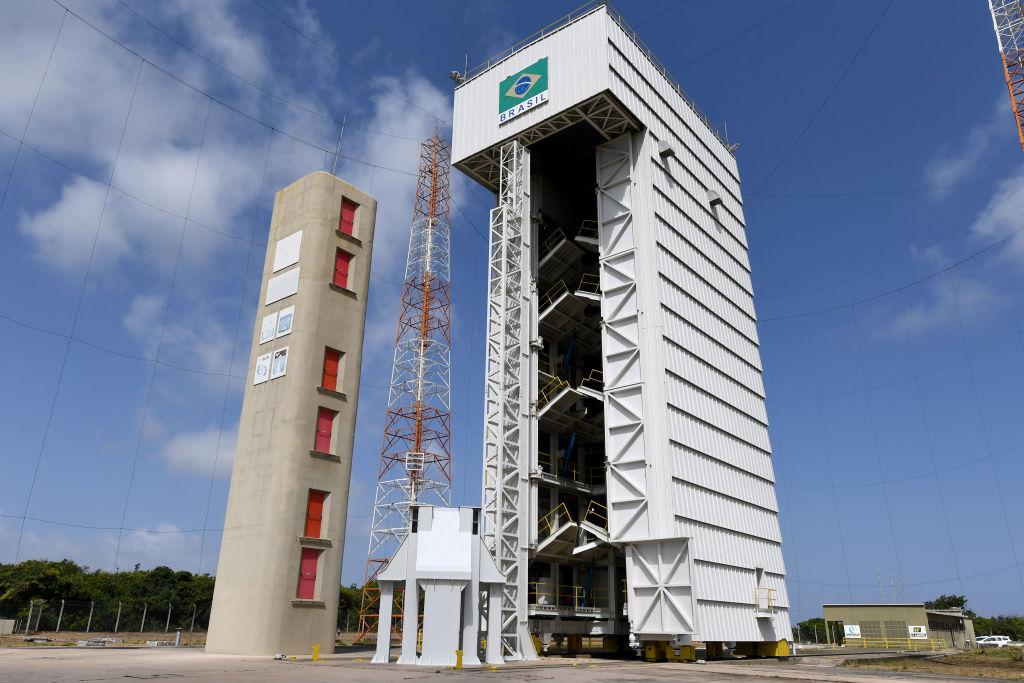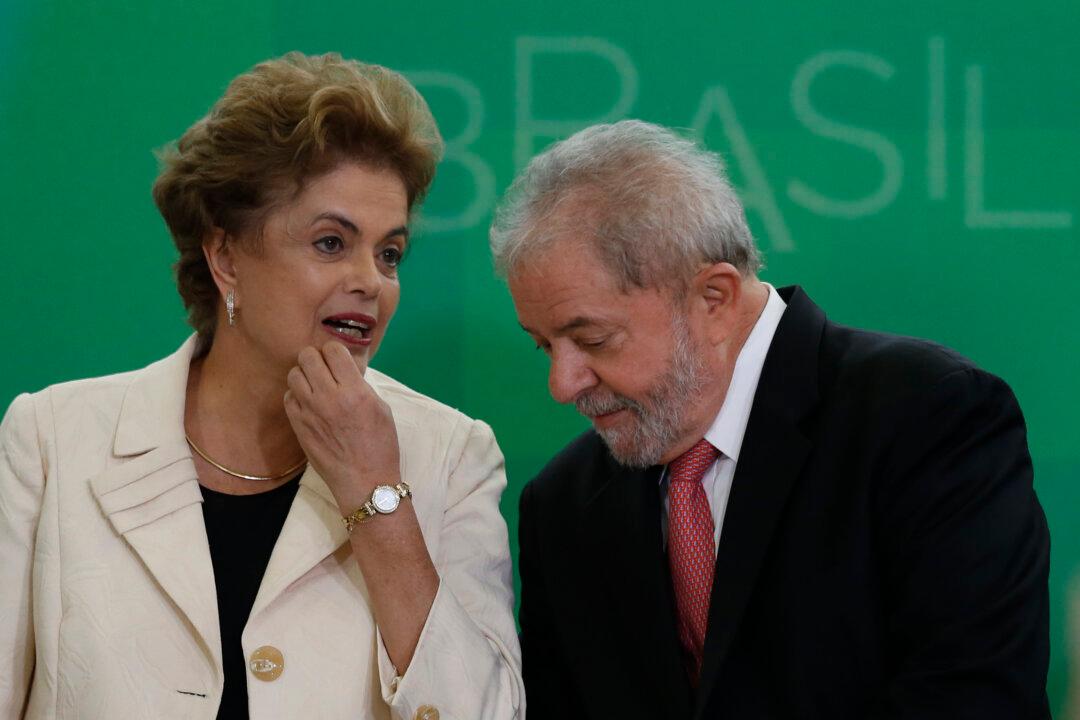RECIFE, Brazil—President Jair Bolsonaro came to office in Brazil, after just over a decade of rule by the socialist Workers’ Party, by offering a new way to govern and address the country’s problems, with an emphasis on the economy and public safety.
Almost a year into his presidency, Bolsonaro counts among his successes the recent approval of Social Security reforms, estimated to save 800 billion reals ($195 billion) over the next decade; a 22 percent reduction in crime; the generation of 760,000 new jobs; and the conclusion of a new trade agreement with the European Union through Mercosur.




